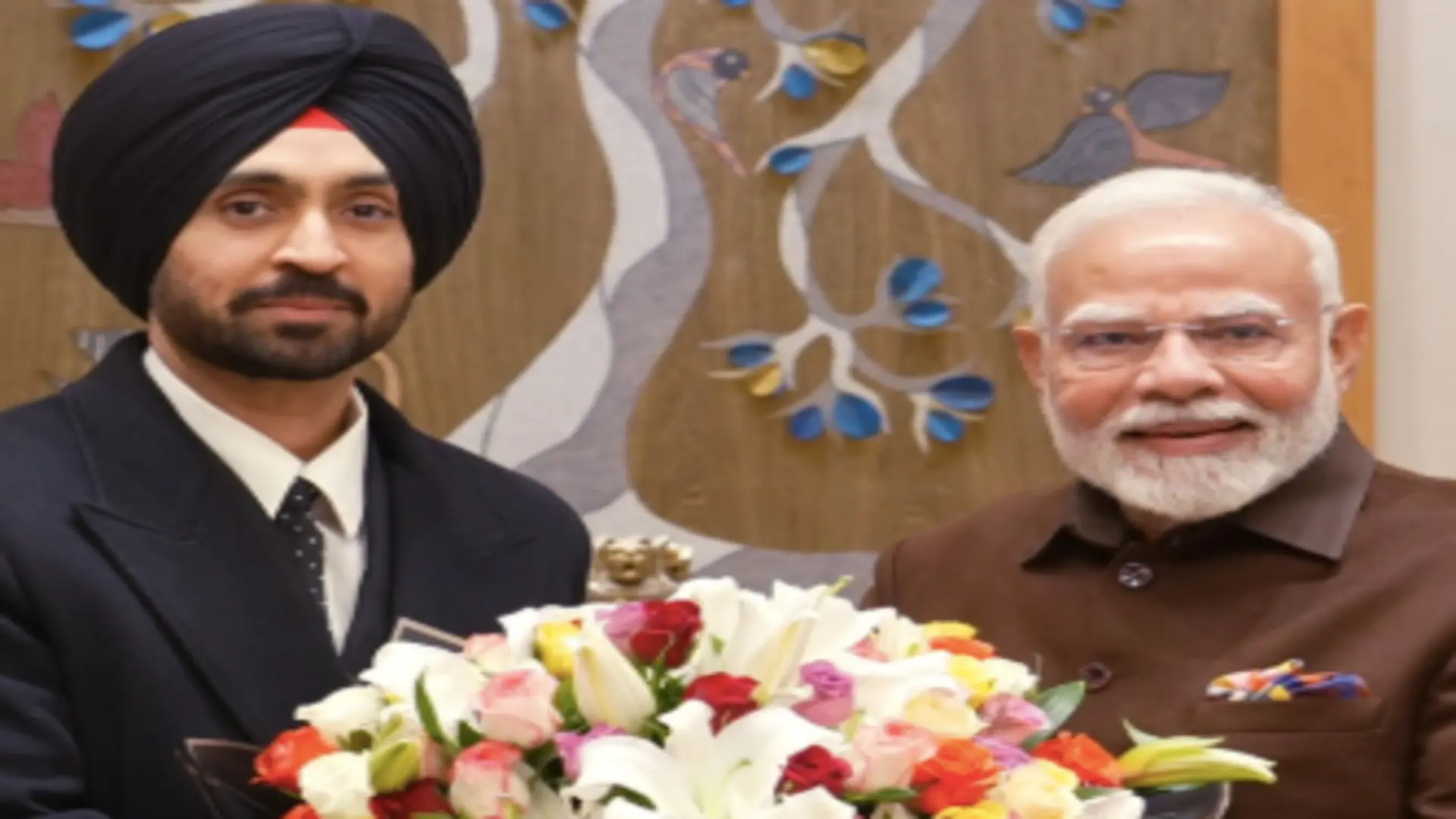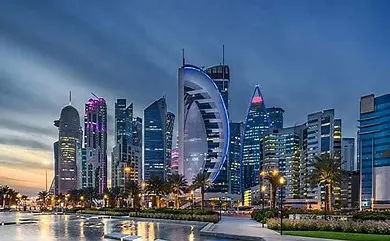So how do we break free of the many shackles created by vested interests and propagated by institutions controlled by them? How do we give power back to the masses and create an egalitarian society? Since the problems and setbacks are many, we will need to prioritise. The top priority has to be health, education, shelter and sanitation. These should be directly taken over by the governments, both at the Centre and in the states. Budgetary allocation must go up and the prevalent laissez faire must stop. These areas are not for ‘for profit’ ventures. The private sector can play a role, but under absolute control of the governments. There is no doubt that there are many genuine people who want to contribute in nation building. They must be provided space and due recognition. We, however, can no longer close our eyes to the misuse of opportunity by many others, which has been disastrous.
Simultaneously, we need to address the twin problems of reviving the economy and creating jobs. We need meaningful and productive jobs—jobs which provide self-worth. The way ahead is to integrate the masses with the mid and micro level enterprises, which should be seeded by the government, but run by small entrepreneurs, or the workers themselves. But this has failed in the past? No, it hasn’t. It was just not allowed to take root. Powerful trader lobbies saw more money in cheap imports rather than domestic manufacture. Legal frameworks and trade regulations were weak and failed to shield small entrepreneurs. We need to pursue this as a matter of state policy, working around obligations under WTO, etc. The private sector and captains of industry should be encouraged to play their pivotal role as prime movers of the economy but monopolies should be broken up. Remember how strongly it was argued that government monopoly in the airlines and telecom sector, to name just two, was hampering growth and efficiency? Well, we opened our skies and air waves and the results are for all to see. We either have NPAs and tycoons becoming fugitives, or cut-throat price wars moving towards creating new monopolies. The difference between making profit and profiteering is simple. The latter has to be rejected by law.
Let us bring in some more clarity. Production, which includes manufacturing, agriculture and construction, as well as education and healthcare, is the key to development. A handful of people have taken control of these functions by scaling up their activity to a level where common people have lost all control. Instead of catering to a segment of the population which is teaching itself how to disengage from reality, we need to focus on the masses whose basic needs are being denied? What are their needs? Apart from food, they need shelter, clothing, health, education, safe drinking water, electricity and connectivity. But they need money to buy these goods and services, which inevitably means that the deprived masses have to be integrated with the production process, so that they have disposable incomes to raise their standards of living. We have to think of projects at that level. We need to think of technology which can be operated by rural people to fulfil their own needs, without becoming dependent on urban based enterprises, which apart from destroying the environment, dehumanise the workers and expose them to exploitation. The time has come for us to relook at Gandhi’s concept of ‘trusteeship’. It has potential. We also need to look into works of thinkers like Ernst Friedrich Schumacher,who wrote his famous book Small is Beautiful: A study of Economics as is People Mattered, were he talked of decentralised production and appropriate technology suited to the needs of the people who operate it.
Solutions to all our ills is to rely on the talents of our indigenous experts and entrust power to educated people, who should formulate policy under constant gaze of the people, either in committees or town hall style meetings or debates on media and finally of course in Parliament. If they take recourse to jargon and can’t explain themselves in simple terms, or take questions from the layman, they are not experts. No decisions should be taken behind closed doors. The people and institutions entrusted with powers will have to be watched constantly.
We need to ensure that jobs in production get the highest salaries, so that the best of our young population moves to these sectors. The services and allied sector—banking, finance, IT, law, media, entertainment, sports, accounting etc—should not be more remunerative than the production sector. Unless we set this right, we will keep on seeing engineers and doctors, and other highly trained professionals, being wasted in generalist or managerial jobs.
Let me wind up by pointing out a huge anomaly in our policy regarding terms of service, including salaries, of various sectors across our economic life. The solution to most of our problems could lie here. Let us divide all jobs into specialist jobs and generalist jobs. Thus engineers, doctors, educationists, agriculturists, scientists, etc, would fall in the first category while managers and administrators would come under the second. Professionals under the first category are the prime movers of economic activity and the second category is to service their activity. There is no role or need for the service sector unless we have robust and dynamic physical economic activity in the country. Once we accept this, we see that the remuneration systems are just up-side-down—jobs in the service sector provide better pay and perks than the production sectors. We need to ensure that jobs in production get the highest salaries, so that the best of our young population moves to these sectors. The services and allied sector—banking, finance, IT, law, media, entertainment, sports, accounting etc—should not be more remunerative than the production sector. Unless we set this right, we will keep on seeing engineers and doctors, and other highly trained professionals, being wasted in generalist or managerial jobs.
Finally, we should understand that change is a process and not an event. Witness how a speed boat is manoeuvred as compared to how a big ship changes course. India is like a big ship, where we have to ensure that all systems and sub-systems are in sync, i.e. institutions have been primed and public opinion prepared, before we start making any significant course correction. Think of someone turning a big ship fast and imagine the consequences.
The writer is an Indian civil servant and a former Chairman of the Union Public Service Commission (UPSC). The views expressed are personal. This is the concluding article of the five-part series.






















